 PLOT: A scientist (Emily Beecham) creates a genetically modified plant whose scent has anti-depressant qualities. However, she soon realizes that those who’ve come into contact with the plant have had a lot more changed than just their moods.
PLOT: A scientist (Emily Beecham) creates a genetically modified plant whose scent has anti-depressant qualities. However, she soon realizes that those who’ve come into contact with the plant have had a lot more changed than just their moods.
REVIEW: A few weeks ago, while podcasting, a listener asked me what horror film I’d like to see remade. My answer was INVASION OF THE BODY SNATCHERS because it’s one of those touchstone entries that deserves a new version for every generation. The seventies had the great Philip Kaufman version, the nineties had one by Abel Ferrara, but the only recent version we’ve gotten was the disastrous THE INVASION. Surely we deserve better?
All this added up to make LITTLE JOE a pleasant surprise, as it is INVASION OF THE BODY SNATCHERS for our overly medicated generation. If an invasion were to happen, it only makes sense that it would be through anti-depressants, right? LITTLE JOE’s hook is that it’s simply airborne toxins released by the plant that causes the transformation, which is wholly mental rather than physical in Jessica Hausner’s film. The origin of the plant is left open to interpretation, as the effect is shown to be unwittingly released by the scientist who engineered it, who, also happens to be the one person who seems resistant to this very peculiar kind of change.
Star Emily Beecham won the best actress award at the Cannes Film Festival for her performance here and its easy to see why. Hausner’s going for a very dry, almost (but not quite) satiric tone throughout, and Beecham has a tricky role to play. Curiously, the plants make people more emotional rather than less, with virtually the entire cast acting like they’re in a near-constant state of catatonia as the film begins, unable to understand any social cues. This is driven home by a moment where Beecham and her awkward lab tech, played by Ben Whishaw, try to connect on a romantic level, but do so disastrously. Beecham has to be ice cold throughout most of the film, with the occasional flash of paranoia and white-hot fear as the movie goes on, and it’s a skillful performance to be sure.
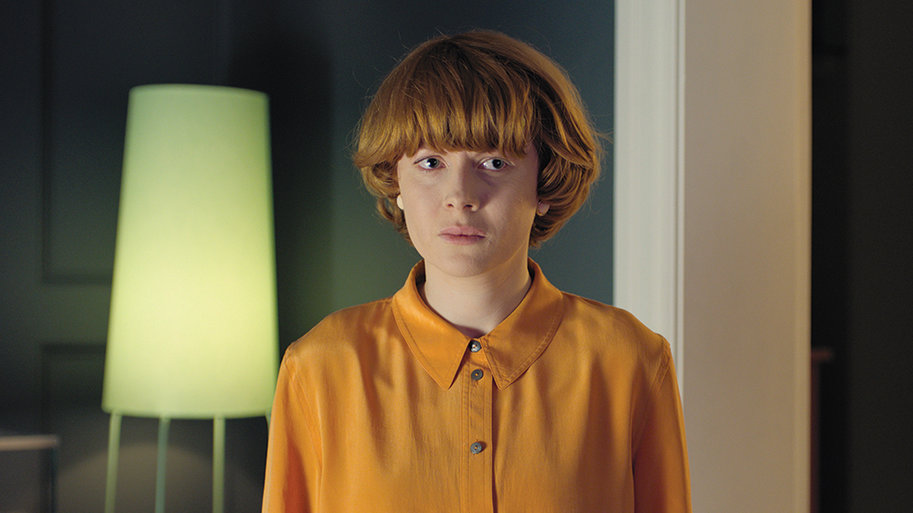
By contrast, Whishaw plays the opposite, starting as this awkward guy, but gradually becoming a more outwardly confident and active, with real affection for Beecham. All this raises the film’s most provocative question – is what the plant is doing all that bad? Sure, people are changing, but they seem happier and more passionate. LITTLE JOE asks the question, if you could choose to be happy but lose yourself, would you? Or would you rather stay yourself but (as shown here) be prone to the usual disappointments of life.
Added up, this makes LITTLE JOE play out as socially-minded sci-fi, although I’d hesitate to call it horror. There are no scares, even if the film maintains an unsettling tone throughout, thanks largely to the score by Teiji Ito and Markus Binder. It likely won’t connect to a big mainstream audience in a big way, but adventurous genre fans will likely appreciate its off-kilter qualities, making this a nifty little sleeper to look out for. It's thoroughly enjoyable.


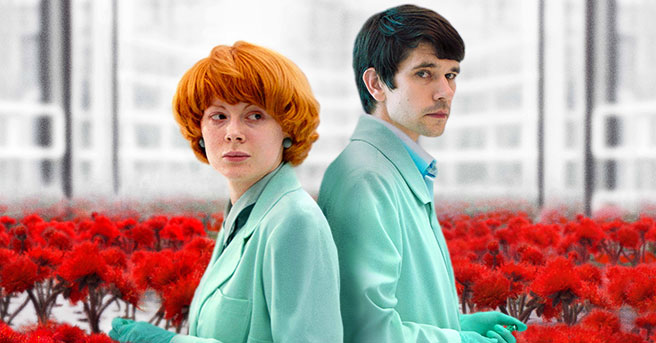



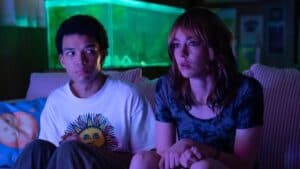






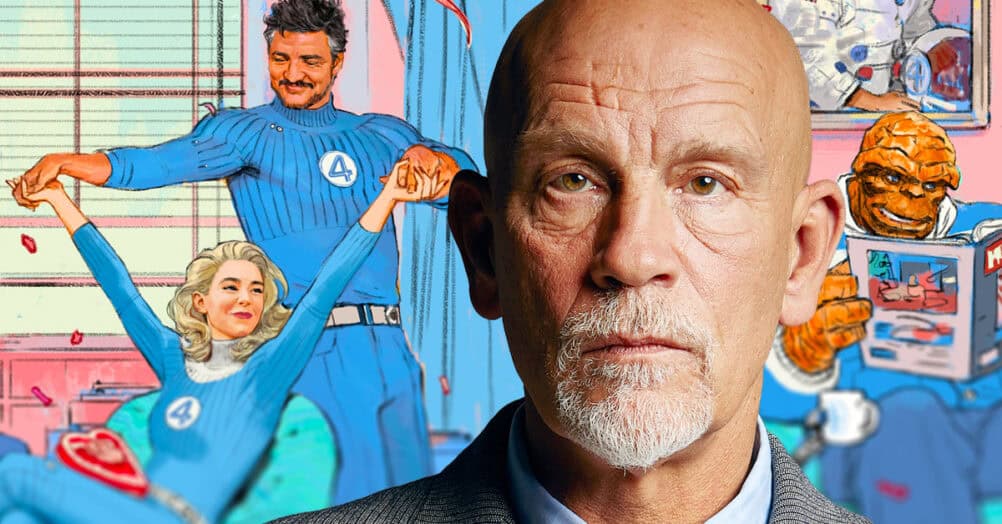


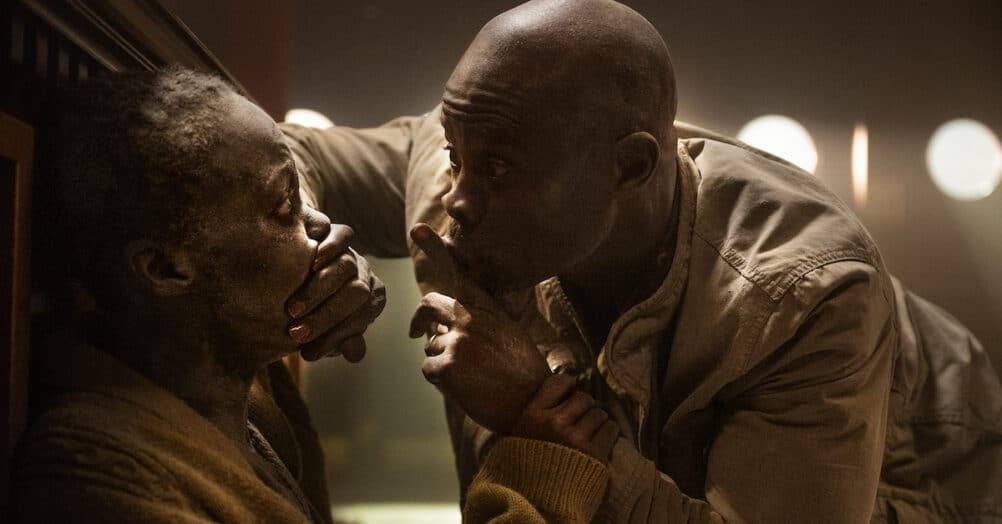
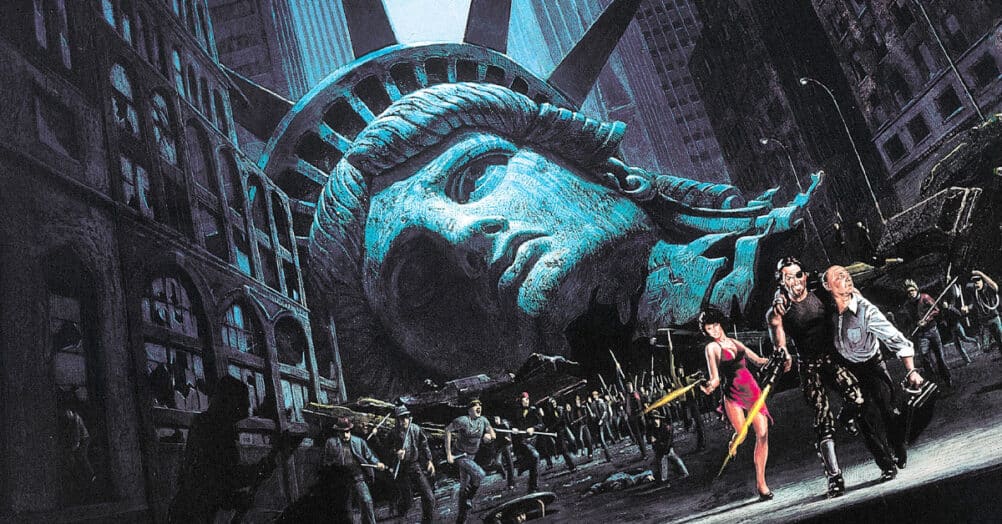
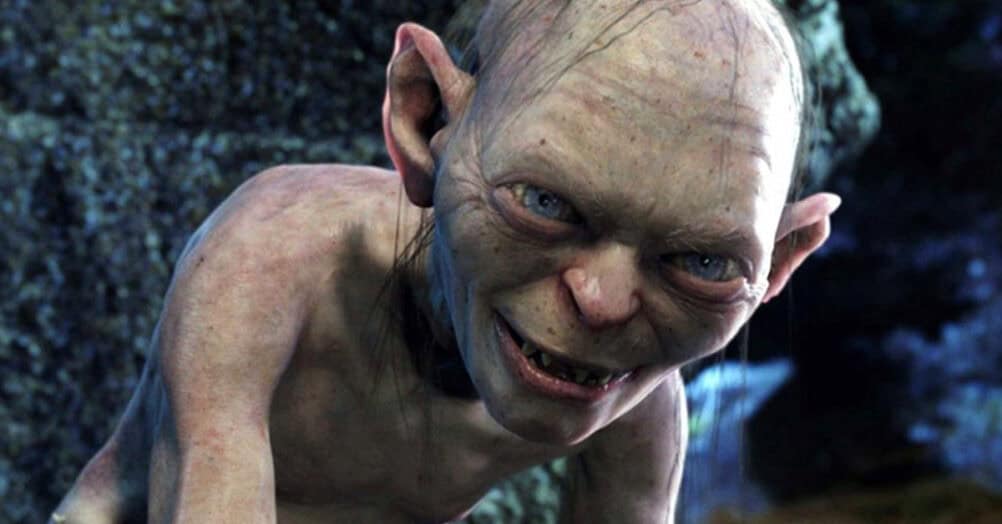


Follow the JOBLO MOVIE NETWORK
Follow us on YOUTUBE
Follow ARROW IN THE HEAD
Follow AITH on YOUTUBE